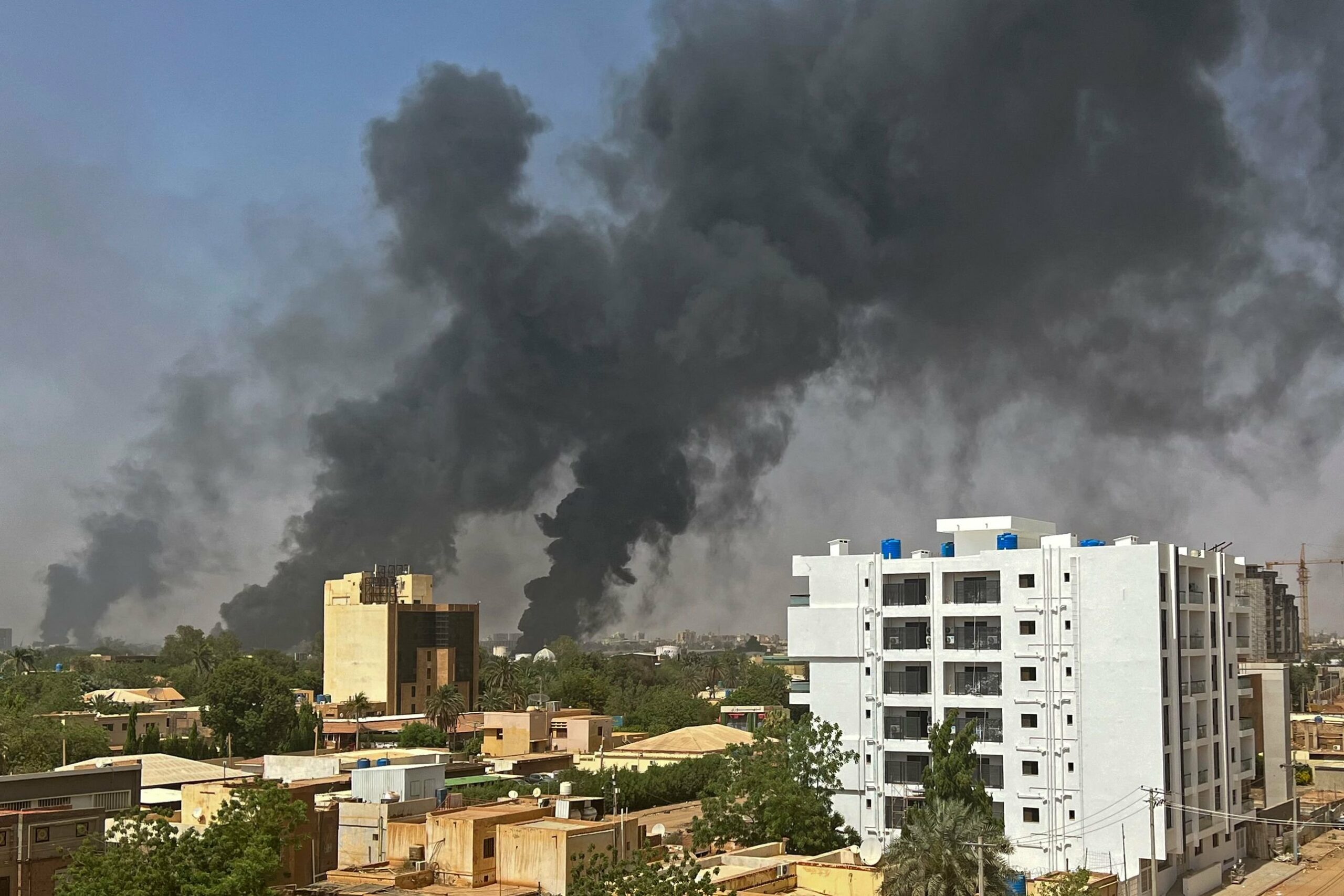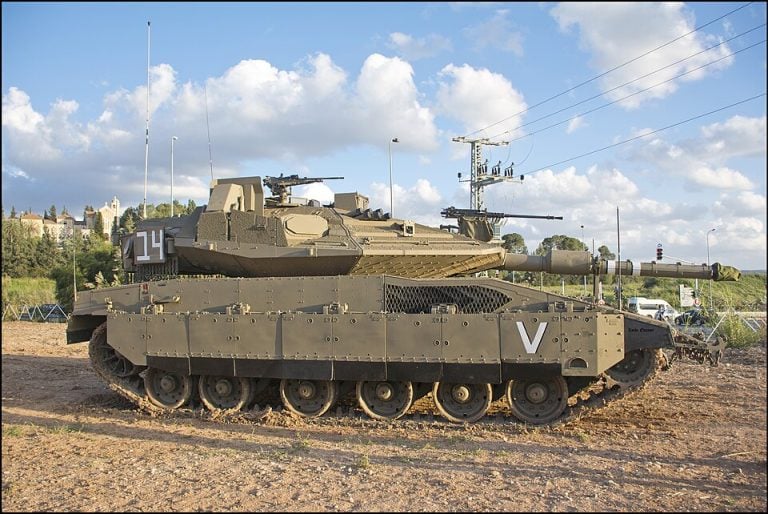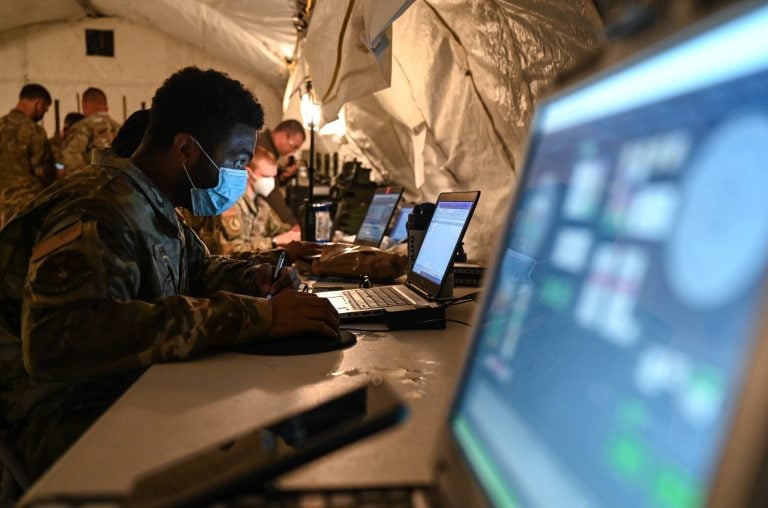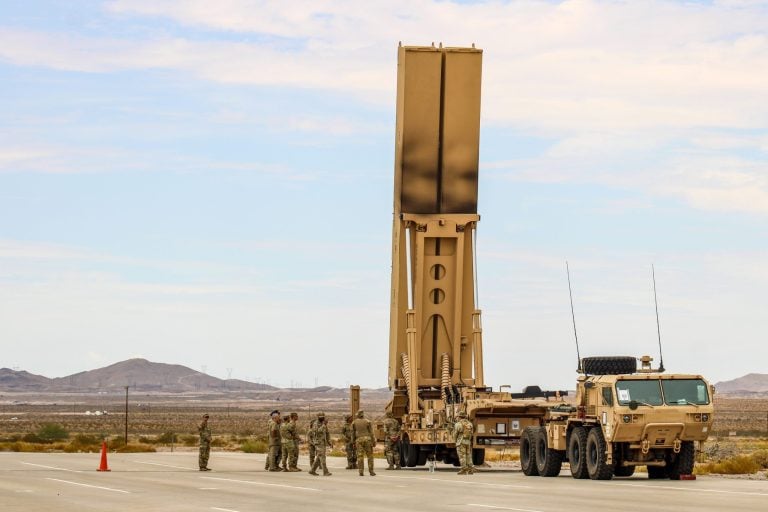A significant escalation in hostilities occurred in Sudan on Tuesday as a series of paramilitary drone strikes targeted vital infrastructure and military facilities in and around the capital, Khartoum. This sudden assault disrupted a period of relative calm and included hits on a power station, a weapons factory, and an oil refinery, according to eyewitness accounts. A military source confirmed that an air base was also among the targets.
The Rapid Support Forces (RSF), currently engaged in conflict with Sudan’s regular army since April 2023, claimed responsibility for the coordinated strikes. The RSF’s Tasis administration, which has declared itself the governing authority in regions it controls, described the operation as “precise and successful air strikes.”
Witnesses reported that the attacks commenced around 5:00 a.m. local time, with drone strikes specifically hitting the Al-Jaili oil refinery, the Al-Markhiyat power substation in Omdurman, and the Yarmuk weapons factory. The drone strike at the power station ignited a fire, although a source from the national electricity company reported no significant damage, despite residents experiencing blackouts in various parts of the capital.
Military officials indicated that the RSF attempted to strike the Wadi Seidna air base, but reports suggest that the facility’s air defense system successfully intercepted and shot down the drones aimed at it. Additional reports of injuries emerged from a drone strike that hit an army building in Kafuri, resulting in casualties among troops.
The RSF has increasingly utilized drone technology in recent weeks, executing attacks on army-controlled regions and critical infrastructure that have left millions in darkness. Efforts aimed at brokering a ceasefire between army chief Abdel Fattah al-Burhan and RSF commander Mohamed Hamdan Daglo have proven unsuccessful, with both sides indicating a commitment to continue fighting.
Meanwhile, the military-backed government’s reconstruction initiatives have aimed to facilitate the return of around 600,000 displaced individuals to their homes in Khartoum. However, the ongoing conflict has left the capital in ruins, resulting in the displacement of approximately half of its nine million inhabitants. The war has intensified humanitarian crises, with tens of thousands of fatalities reported and millions struggling with food insecurity.
In recent months, relative quiet had returned to Khartoum, with fighting largely tapering off to southern Kordofan and western Darfur, where the RSF has aggressively pursued territorial gains. The situation in El-Fasher, North Darfur’s capital, remains particularly dire as it endures persistent attacks and has seen significant losses, with the UN recently accusing the RSF of committing a range of human rights violations in the conflict’s wake.







